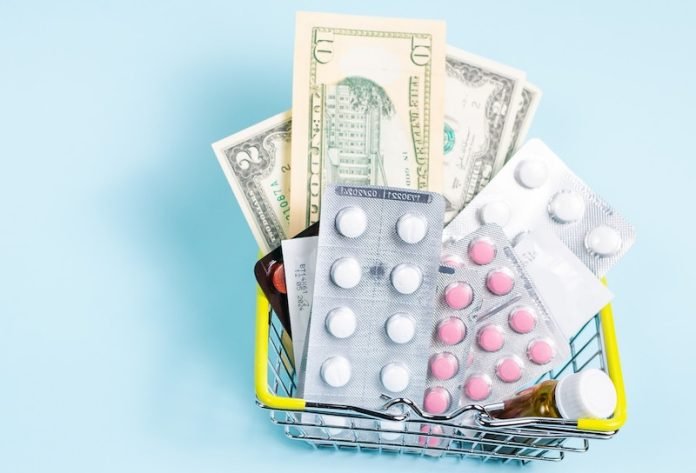
The High Price of Saving Lives
Imagine suffering from a severe liver disease that affects not only your liver but also your brain. This condition, known as hepatic encephalopathy, makes it tough to think clearly and can even be fatal.
The medicine that can help is called rifaximin. It’s a lifeline for patients, but there’s a big hurdle: its cost.
Researchers from the University of Minnesota have found that the high cost of this drug is causing patients to skip their treatment, leading to dangerous health problems like falls and hospital stays.
The Real Costs of Expensive Medicine
The study, led by Elizabeth Aby, MD, involved more than 6,800 patients suffering from scarred livers (cirrhosis) and hepatic encephalopathy.
She and her team found that those with higher out-of-pocket costs were less likely to fill their prescriptions.
Skipping this crucial medicine can lead to severe consequences, including the deterioration of mental and physical health.
The study also revealed that younger patients, and those with other severe health conditions like cancer or depression, were also less likely to stay on their medication.
Dr. Aby warns that this is a crucial issue that doctors and policymakers need to address immediately. “The cost is too high in the United States.
The result is that many are choosing to forego their medication, which can have terrible outcomes,” she says.
What Can Be Done?
The study suggests that healthcare providers should check whether their patients can afford their medicine and involve social workers and financial assistance early on.
But that’s only a band-aid solution. The real change needs to come from lowering the drug costs, which is something that policymakers can directly impact.
This is not just about numbers and costs; it’s about people’s lives. For patients with severe liver and brain conditions, medication isn’t optional; it’s a matter of life and death.
Lowering the cost of rifaximin could drastically improve treatment rates and save lives.
In summary, this new study is a wake-up call. It tells us that high medication costs aren’t just an inconvenience; they are a barrier to essential treatment and better health.
Urgent changes are needed to make sure that everyone who needs this life-saving drug can get it. Until then, doctors, social workers, and policymakers must work together to help those who are already struggling.
If you care about liver health, please read studies about dairy foods linked to liver cancer, and coffee drinkers may halve their risk of liver cancer.
For more information about liver health, please see recent studies about new therapy for fatty liver disease, and results showing Mediterranean diet could cut fatty liver disease by half.
The study was published in Hepatology Communications.
Follow us on Twitter for more articles about this topic.
Copyright © 2023 Knowridge Science Report. All rights reserved.



